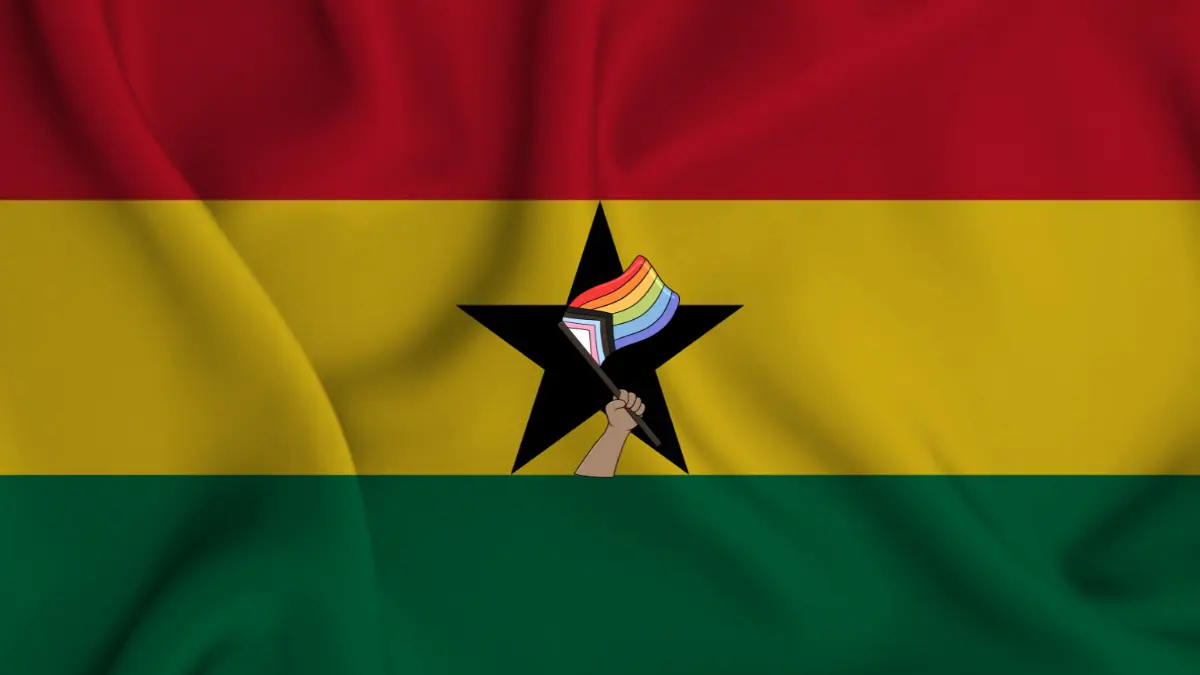Ghana’s parliament passed a very controversial bill on February 28, 2024, making it illegal to advocate
for the rights of LGBT people and groups and drastically toughening the penalties for consensual
same-sex acts. Human Rights Watch has vehemently disagreed with the bill and urged President Nana
Akufo Addo to veto it.
In 2021, parliamentarians first introduced the “Promotion of Proper Human Sexual Rights and
Ghanaian Family Values Bill.” In addition to making LGBT advocacy more criminal, the law requires
reporting to the appropriate authorities anyone who participates in same-sex activities. Furthermore, it
is illegal to fail to report these people and to promote illegal activity on social media.
The bill runs counter to Ghana’s international human rights obligations as well as the country’s
historical values of hospitality and tolerance. The legislation, according to its detractors, could
encourage more violence against LGBT communities and weaken the rule of law.
Same-sex relationships between men are punishable by up to three years in prison. Anyone who
identify as LGBT or deviates from conventional gender norms faces penalties under the new bill,
which can result in fines of up to $4,700 or up to three years in prison.
Several civil society organizations, such as the Human Rights Coalition and the “Big 18” coalition,
vehemently opposed the bill’s passage through parliament. The bill, according to these groups,
infringes upon basic human rights guaranteed by Ghana’s Constitution, including freedom of speech,
association, and nondiscrimination.
President Akufo Addo has been urged by civil society organizations and human rights activists to veto
the bill in order to preserve Ghana’s democratic values. They stress that the legislation violates
international human rights laws that safeguard people regardless of their sexual orientation and erodes
civic space.
The bill has been stalled by the president. A senior o official in Ghana’s presidency has intervened, urging
that it not be sent to President Akufo-Addo for assent until outstanding legal challenges are resolved.
The bill, which has the unanimous support of legislators, aims to make discrimination against LGBTQ
people and those who stand up for their rights in the country of West Africa more severe.
The finance ministry has stated that the bill’s possible passage could put Ghana’s financial
support—which includes an estimated $3.8 billion in World Bank financing over the next few years
and a$3billion IMF loan package—in jeopardy.
It would be “improper” for the president’s office to receive the bill until the Supreme Court settles
pending legal challenges, as Secretary to the President Ana Asante Bediatuo noted in a letter to the
Clerk of Parliament. Both the Attorney General and the Minister of Justice have cautioned against
moving forward with the bill right now, pointing out that it is more severe than similar laws in other
African countries.
The bill’s passage has already had an impact on Ghana’s sexual minorities, with some reporting that
they are fleeing to other countries for safety. Concerns have been raised by the LGBTQ community
regarding how the bill might further marginalize and put their members in danger. Globally, the
United States has called for a constitutionality review of the legislation and voiced severe concerns
about its implications. Increased violence and persecution against LGBT people and activists have been
linked to similar legislative trends in Africa, such as Uganda’s Anti-Homosexuality Act. Experts
caution against the possibility of increased discrimination and attacks in the event that such laws are
passed.
International organizations, civil society organizations, and human rights organizations have all
strongly condemned Ghana’s enactment of the divisive anti-LGBTQ bill. Should the bill become law,
it would not only violate fundamental human rights and undermine democratic principles, but it
would also imperil Ghana’s financial backing and global reputation. The bill’s advancement has halted
pending legal challenges, but this uncertainty only highlights how urgent it is to keep advocating for
the rights and safety of LGBTQ people in Ghana and beyond. To guarantee a society in which every
person is treated with dignity and equality, regardless of their sexual orientation or gender identity,
efforts to advance inclusivity, respect for human rights, and the rule of law must not waver.
-By Anaida Khan Pursuing 4th year of BALLB (Hons.) from Dharmashashtra National Law University, Jabalpur.
 Cart is empty
Cart is empty 

